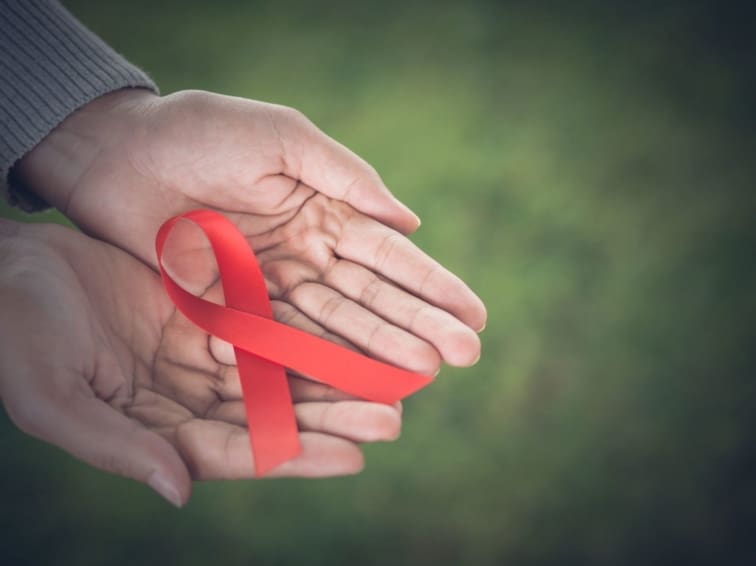
Finding out that you are infected with HIV (human immunodeficiency virus) can be frightening. One way to fight your fear is to learn as much as you can about the disease. Remember that HIV is manageable. It can be treated with medicines. Knowing about HIV and AIDS (acquired immunodeficiency syndrome) will also help you take the best care of yourself.
You can fight your worry about HIV infection with reliable information. Your friends and family may give you advice. The best information comes from your doctor or counselor, or from local, state, or national AIDS resources.
Path to improved health
The good news is that early treatment is helping many people with HIV live longer, healthier lives. It’s normal to feel sadness, anxiety, and fear when you first learn that you have tested positive for HIV. However, if you have trouble sleeping, eating, or concentrating, or if you have thoughts of suicide, tell your doctor right away.
If you’ve been told you have HIV, give yourself permission to be afraid. But don’t let this fear keep you from doing all you can to help yourself. Here are some things you can do:
- See your doctor as soon as possible after being diagnosed, even if you don’t feel sick. Your doctor will have you start taking HIV medicines right away.
- Ask your doctor how often you should have a check-up. Always keep your appointments.
- Always use a latex condom during sex.
- Help your body fight infection by not abusing alcohol and by quitting smoking.
- Eat a balanced diet. Get regular exercise. Get enough sleep.
- Find out what causes stress in your home and work life. Do whatever you can to reduce this stress.
- Don’t share needles for drugs, steroids, piercing, or tattooing.
- Get regular dental check-ups. Bleeding gums can increase your risk of infecting someone else.
- Volunteer to work for an AIDS organization. Facing your fears directly can be a good way to cope with them.
Things to consider
If you have tested positive for HIV, you must tell your past and present sexual partners. They should get tested, too. You must also tell any future sexual partners that you have tested positive for HIV. If you are now in a relationship, ask your doctor about how to explain your positive test results to your partner.
Let your doctor and dentist know that you have HIV. This will help them give you the care you need. Your privacy will be respected. Your doctor and dentist can’t refuse to treat you just because you have HIV.
Consider setting up an advance directive and medical power of attorney. Advance directives are written guidelines that tell doctors your wishes for different kinds of treatment if a time comes when you can’t make those decisions yourself.
The medical power of attorney is a legal document that names someone in your life to make decisions for you if you are seriously ill. A lawyer can draw up these documents.
Questions to ask your doctor
- If I have HIV, what are the chances that I will get AIDS?
- How did I get HIV?
- How can I prevent passing HIV to others?
- How can I avoid getting other infections?
- Do I have to tell my employer that I am HIV positive?
- Are there support groups for people with HIV?
Resources
Centers for Disease Control and Prevention: HIV/AIDS
Centers for Disease Control and Prevention: Resources for People Living with HIV
![]()
Copyright © American Academy of Family Physicians
This information provides a general overview and may not apply to everyone. Talk to your family doctor to find out if this information applies to you and to get more information on this subject.




